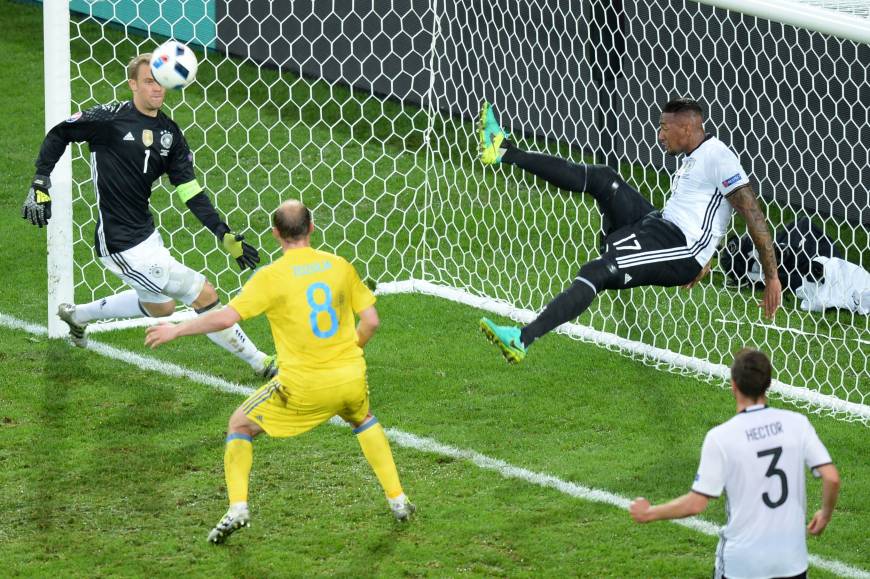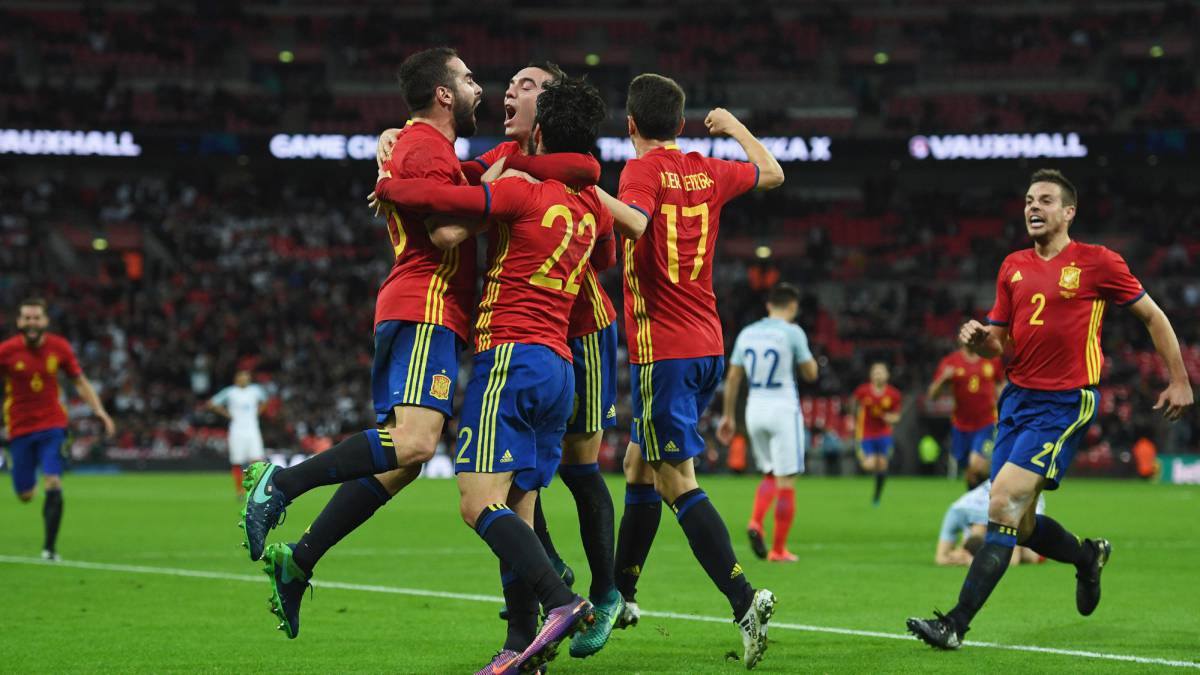About five years ago, some officials at the European soccer association UEFA, including its then secretary general, Gianni Infantino, cooked up the UEFA Nations League. The plan was to clear out the dead space in international soccer. Today it’s the debut of the UEFA Nations League, a competition of national teams played throughout the continent. Meanwhile, international soccer officials are plotting to spread the Nations League across the planet.

The Nations League would mostly change the sport for the better. National-team soccer, overshadowed by clubs for at least 10 months a year, aims to come roaring back. So what is happening, and why? The idea is that every continent would host its own Nations League, and these would culminate in something even more interesting: a Global Nations League for the winners from each continent. This is a big deal — so big, in fact, it might one day even marginalize the World Cup.

The UEFA Nations League will be more competitive and exciting. It divides countries into four divisions, based on strength. The top division this fall includes groups like France-Germany-Netherlands, and Spain-Croatia-England. In the fourth division, you’ll find groups such as Azerbaijan-Faroe Islands-Malta-Kosovo. In June, the four winners of the top groups will play off to see who wins the Nations League. The tournament will also help allocate some qualifying spots for Euro 2020.

Everyone will have something to play for: teams that finish bottom of their group in the Nations League will get relegated; in the lower tiers, the top teams will get promoted. Fans will probably love it. Far more people care about national teams than clubs: TV audiences for big World Cup matches dwarf those for big Champions League matches. England and Spain, for instance, haven’t met in a competitive match since 1996.

The Nations League won’t mean more games for international players, just better games. If it succeeds, the format could quickly become unstoppable. CONCACAF, the confederation for north and central America, has decided to launch its Nations League in 2019. The biggest Asian federations are thought to want a version, too. Then the winners of each continental league would meet in the global Nations League. Imagine a short eight-team tournament once every two years featuring, say, Brazil, Argentina, Japan, the U.S., Morocco, France, Spain and Germany. It would replace the mostly ignored and frankly pathetic Confederations Cup.

The only question is who would own the Global Nations League. When the Europeans of UEFA came up with the idea, they wanted to organise it among continental confederations, leaving almost no role for FIFA. But then Infantino, who in 2016 had become president of FIFA, decided to kidnap the plan. He saw the Global Nations League as a new source of funds for FIFA, which has long been almost a single-product company: it gets 90 percent of its revenues from the men’s World Cup. And FIFA needs cash, given that it has lost several mostly western sponsors following its corruption scandals.

By this spring, a consortium of huge investors had agreed to put up $25 billion to fund Nations League on every continent, plus the Global Nations League and a bigger, better Club World Cup. Infantino called it “the — by far — highest investment soccer has ever seen.” Given the squabble over ownership, the Global Nations League may not even happen. If it does — and the idea is so lucrative that it probably will — it wouldn’t start until about 2022.

But once the global event embeds itself in the calendar, it has the potential to surpass the World Cup in prestige and attention (much as the World Cup from 1930 surpassed the Olympic soccer tournament). And FIFA has made another decision that seems almost designed to put off fans: starting in 2026, it is expanding the World Cup from 32 to 48 teams.

The Euros, also recently expanded, have shown that more means worse. The average group game at 24-team Euro 2016 attracted 23 percent fewer viewers than at 16-team Euro 2012, according to consultancy Futures Sport. FIFA expanded the World Cup chiefly for the money. The bigger tournament will produce more income from broadcasters, sponsors and ticket sales. Much of that cash will go to the 211 national federations. But a bigger World Cup means a diminished World Cup. Luckily, fans should be able to console themselves with the Global Nations League. Its winners may eventually come to be regarded as the true world champions.
We’ve entered a new era in soccer. A decade from now, we may look back on September 2018 as the month that soccer changed … for the better.
